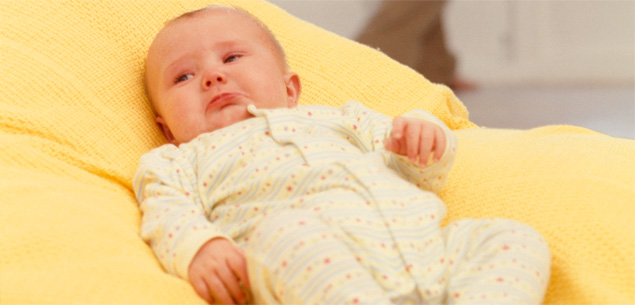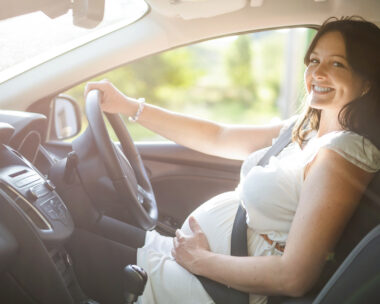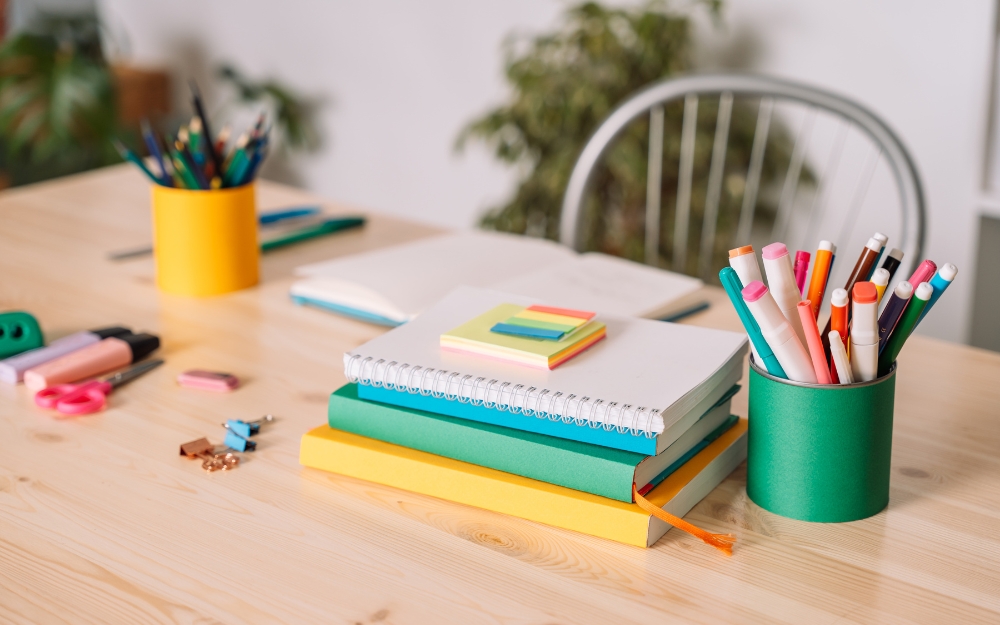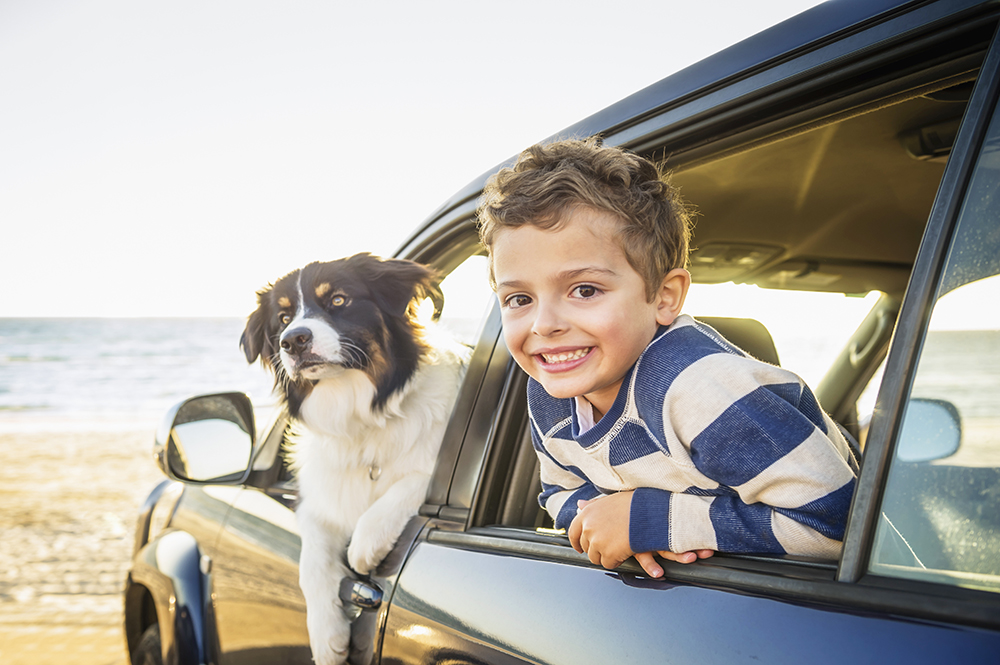I remember one of the staff members at my daughter’s daycare centre saying if she had a dollar for every time she’d had to prise a wailing child from their departing parent, she’d have enough to retire to a Pacific island. Separation anxiety is a normal part of a child’s development.
While babies under six months don’t seem too bothered if you leave them – as long as their needs are being met – by the time they are around eight months they are attached to their main caregivers. When you go away, they worry you won’t come back.
Around 10 to 18 months is the peak time for little ones to start experiencing separation anxiety, although some toddlers go through it later. Some kids barely seem to notice when you’ve gone, while others become despondent.
Unfortunately for many mums, their baby’s separation anxiety often sets in around the same time as they are returning to work. This stage usually passes (often by the age of two) as they realise that you will come back. In the meantime, here are some steps to make things easier:
**Practise being apart
**Before you put your child into daycare, get them used to being without you. Leave them with other people, starting with people they know well, for short periods of time. Increase the time you’re away and try leaving them with a less familiar sitter.
**Schedule separations
**Leave your baby after they’ve had a sleep or been fed. Babies are more likely to get anxious when they are tired or hungry.
**
Familiar surroundings
**Not having you around will be easier if they are in familiar surroundings. Get your relative or babysitter to come to your house. When your child starts going to daycare or other people’s homes, let them take something familiar such as a blanket, so they don’t feel like everything is new and scary.
**Ease them in
**If they’re going to a daycare, take them there several times before they go without you and spend time there together. Get new babysitters to spend time with your baby (with you there) so when the time comes for you to leave they’ll be used to them.
Develop a ritual
Doing the same thing every time you leave will reassure them – they’ll realise although you are going, you will be back later. Say the same thing every time, tell them you will see them later and give them a kiss goodbye.
**Don’t drag it out
**Once you’ve said goodbye, leave. Don’t stall. It’s confusing for them if you’ve said goodbye and they can still see or hear you. Even if they are bellowing, say goodbye and go.
**Don’t sneak out
**If you take off without telling them, this may make them even more unhappy when they realise you’ve gone. They’ll feel abandoned and wonder if they can ever trust you.
**Keep calm
**Even if their distress is breaking your heart, stay cool. If you get upset, it will make things worse.
**Leave them with a reminder of you
**Give them one of your favourite scarves or pieces of costume jewellery and ask them to look after it until you see them later.
**Honour promises
**Don’t break promises to children about when you’ll be back to get them.
**When to be worried
**If your child continues to have an extreme reaction to you leaving them beyond the age of three or four, then it’s worth talking to your doctor. Look out for symptoms such as panic, difficulty sleeping or being frightened of strangers and new places. They could be signs of a deeper issue with anxiety.




